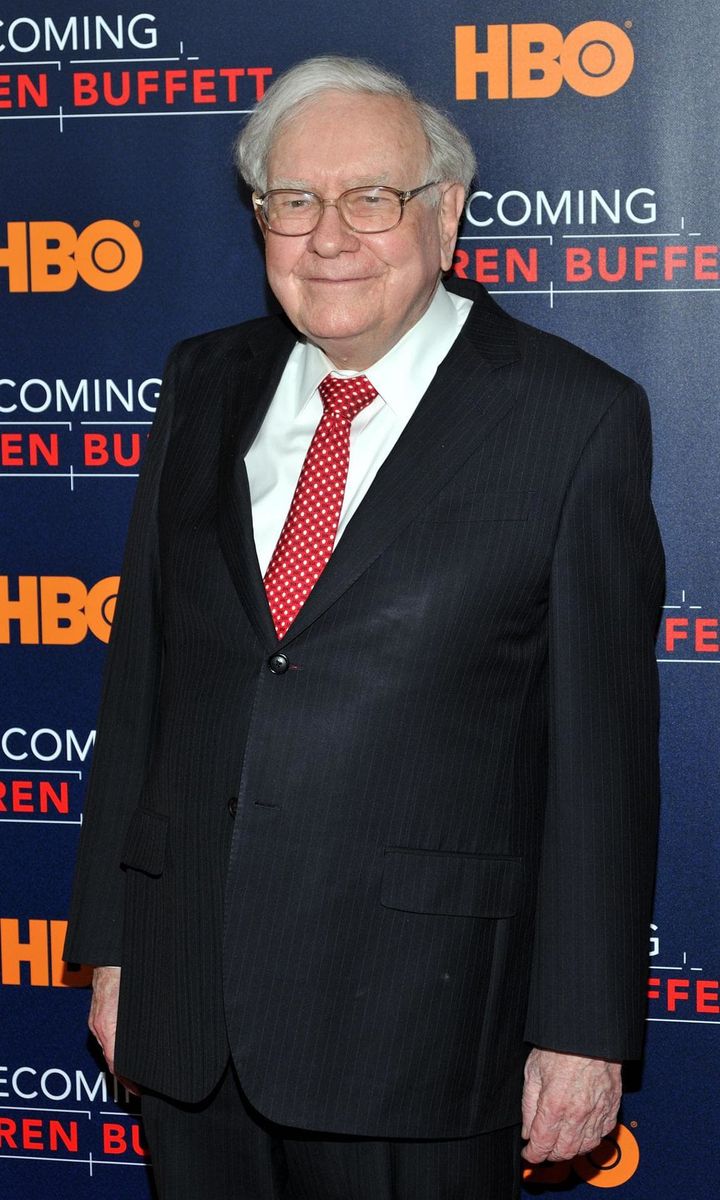Warren Buffett, the renowned investor, businessman, and philanthropist serving as the Chairperson of Berkshire Hathaway, is often called the Oracle of Omaha. He is one of the most successful investors, with over $100 billion net worth.
His investment strategies and business acumen have made him a household name, and his success insights have inspired millions worldwide. In this article, we will explore Warren Buffett’s ten rules for success and how we can apply them to our lives, as shared by NYC CNC and WM Discovery.
Reinvest Your Profits
When you earn money for the first time, you may be tempted to spend it. However, it is better to reinvest the profits instead of spending them. Warren Buffett learned this lesson early in his life. During high school, he and his friend purchased a pinball machine to place in a barbershop.
As they began to earn money from that machine, they invested the profits into buying more machines and placing them in different shops. Eventually, they ended up owning eight other machines. Later, when they sold the venture, Buffett used the profits to buy stocks and start another small business.
Be Willing to Be Different
It is essential to avoid making decisions based solely on what other people are saying or doing. In 1956, Warren Buffett started managing money with an initial investment of $100,000 from a few investors. He persevered despite being considered an oddball for working in Omaha instead of Wall Street and not disclosing where he invested the money. Many predicted he would fail, but after 14 years, he closed his partnership with a value of more than $100 million.
Never Suck Your Thumb
It is crucial to gather all necessary information before making a decision. Consider asking a friend or relative to help you stick to a deadline. Warren Buffett believes in making decisions quickly and taking action promptly. He does not believe in wasting time by overthinking and calls it “thumb-sucking.”
Spell Out the Deal Before You Start
Your bargaining power is at its peak just before you begin a job because, at that point, you have something that the other party desires. Warren Buffett learned this lesson when he was young. His grandad, Ernest, hired him and a friend to clear the family grocery store after a snowstorm. The boys spent five hours shoveling until they could barely move their frozen hands. After completing the job, Ernest gave them less than 90 cents to share between them.
Watch Small Expenses
Warren Buffett invests in companies managed by individuals who are incredibly meticulous about their expenses. For instance, he once bought a business whose proprietor counted the number of sheets of toilet paper in each roll to ensure he was well-fed. Buffett also admired a friend who only painted the side of his office building that faced the road.
Limit What You Borrow
Warren Buffett has never taken out significant money to invest or buy a house. He has received many sincere letters from people who thought they had their borrowing under control, only to be overwhelmed by debt later on. His advice is to talk to your creditors and agree on what you can afford to pay. Once you have paid off your debts, focus on saving money you can use for investing.
Be Persistent
With perseverance and resourcefulness, it’s possible to triumph over a more established rival. In 1983, Warren Buffett purchased the Nebraska Furniture Mart due to his admiration for the business practices of its founder, Rose Blumkin. Blumkin, a Russian immigrant, transformed her pawnshop into the largest furniture store in North America. Her approach involved offering lower prices than her competitors and being a tough negotiator.
Know When to Quit
As a teenager, Warren Buffett once went to a racetrack where he placed a bet on a race. Unfortunately, he lost the bet. He put another chance on a different race to recover his lost money, but he lost again. These losses left him with almost no money, and he felt terrible since he had wasted an entire week’s earnings. This experience taught him a valuable lesson, and he never repeated the same mistake.
Assess the Risks
In 1995, the FBI accused the employer of Howie, the son of Buffett, of price-fixing. In response, Buffett advised his son to consider the best and worst-case scenarios if he continued working for the company. After analyzing the situation, Howie realized that the risks of staying far outweighed any potential gains and quit the next day.
Know What Success Really Means
Despite his immense wealth, Warren Buffett does not believe success should be measured by the amount of money one has. In fact, in 2006, he pledged to give away a vast majority of his fortune to charities, with the primary beneficiary being the Bill and Melinda Gates Foundation. Buffett remains steadfast in his commitment to not fund monuments in his name, such as buildings or halls. He believes that, as one grows older, the measure of success in life should be based on how many people one wants to have love them, actually do love them. Buffett sees this as the ultimate test of how well one has lived.
,type=downsize)





